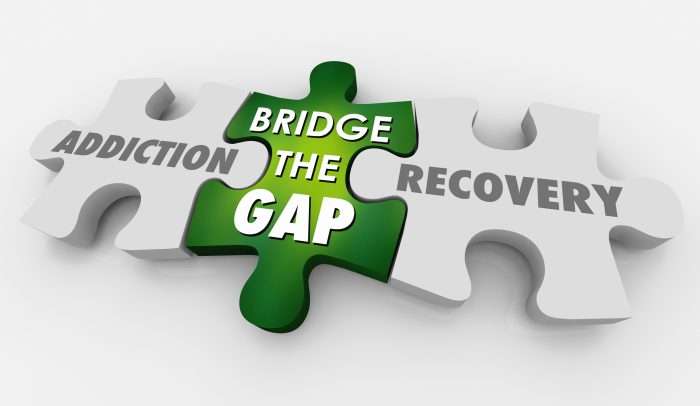In our previous article, we discussed some of the different factors that might discourage employees and push them towards drug or alcohol use. Repetitive work, toxic relationships, and extreme stress can all be problematic issues for employees who may then wish to self-medicate and may eventually need treatment at a San Diego detox.
If these work-related issues aren’t sorted up, then the occasional after-work drink or toke may turn into drug addiction. In this article, we are going to discuss how addiction and addicted employees can affect the workplace and the people in it.
How Addictive Behavior Can Create Challenges
An addicted employee can create challenges for both their employer and their coworkers.
While it’s important to remember is that people with addictions are not bad people, their dependence on drugs alters the way that their brain chemistry works. The chemicals that are normally responsible for regulating mood, inhibitions, and communication are all significantly impaired. This can make people with addictions act erratically or even violently under certain circumstances.
Here are a few circumstances that may emerge as a result of addiction.
- Mistrust and deception. Many people who are addicted to drugs develop problems being entirely honest. Even those without addictions often struggle to be entirely transparent.
- On the lighter side, addicted employees may simply lie about how much or how often they’re using, on the more extreme side they may become manipulative and deceptive in order to coerce you into acting a certain way (such as lending them money or accepting behaviors that they aren’t okay with).
- People in the throes of a serious addiction may begin to steal in order to fund it. This can imply petty theft from the inventory of a store, or more serious thf=eft such as raiding a vault.
- Drug addiction and alcoholism can make people unreliable and less punctual. If someone is physically dependent on a drug then they aren’t going to be able to function without it. Otherwise, they’ll end up in a state of physical withdrawal. Most people will call in sick to work if they’re unable to score because their withdrawal symptoms would otherwise make them incapable of working.
- Safety issues. If you work in an environment with machinery or with sharp or dangerous objects, it can be dangerous for employees to work while intoxicated. This increases the risk of injury.
- Addicted employers. Addicted employers can create unsafe or unpleasant working environments for their employees.
- They may not set safety rules into place or manage employee communication effectively.
- Frequent absences can leave employees undertaker or in need of assistance. Misremembering important employee details can create complications.
- Lack of inhibitions may cause them to speak unprofessionally to an employee.
Final Thoughts on Addiction at Work
Addicted employees can still be functional workers, but they may also bring a number of issues into their workplace. Addicted people are often less stable than sober ones and maybe deceptive or unpredictable. Addicted employers may neglect their employees or create unsafe work environments.
Our next article will cover some information about what can be done to minimize drug or alcohol-related risks. Until then, consider looking into San Diego detox for help.


